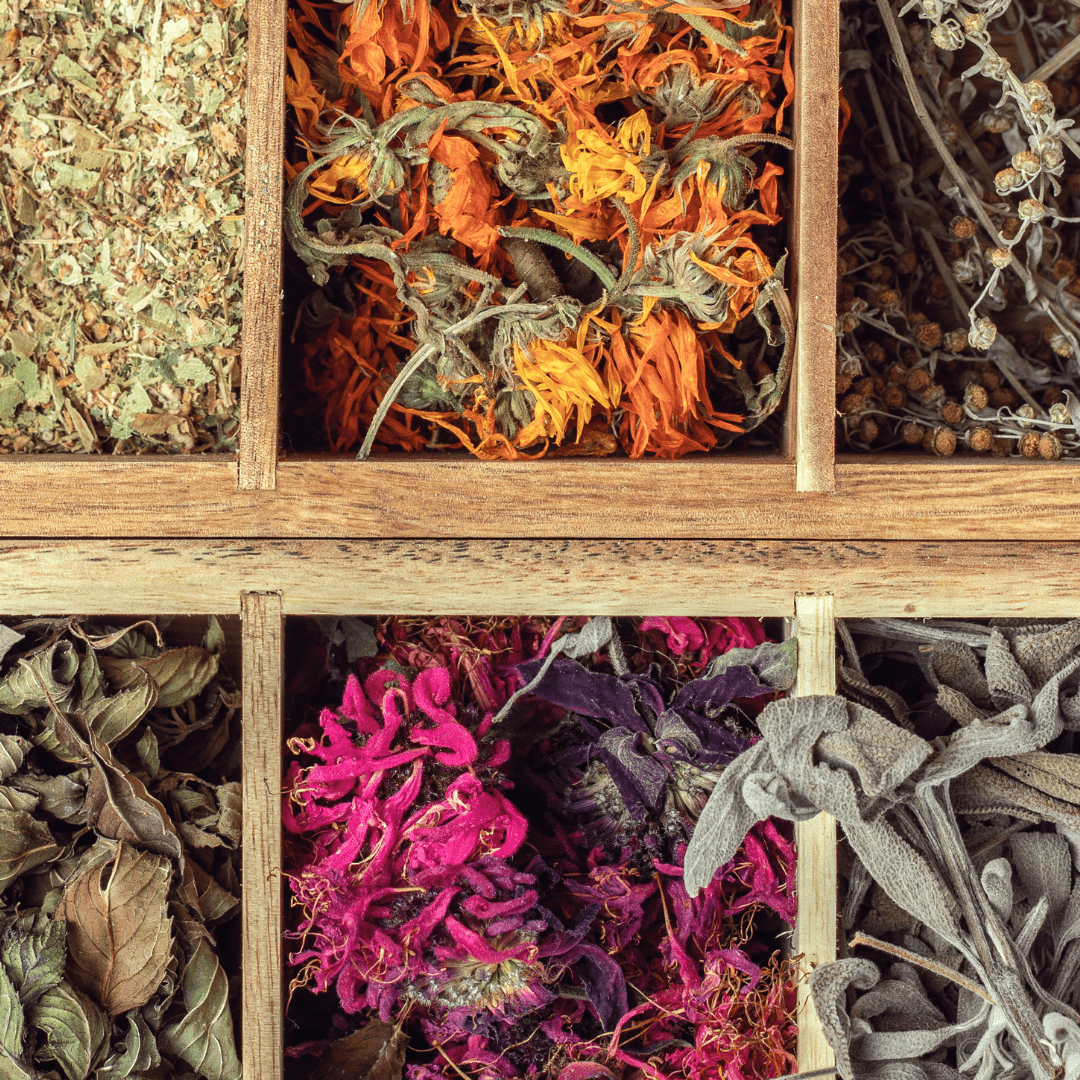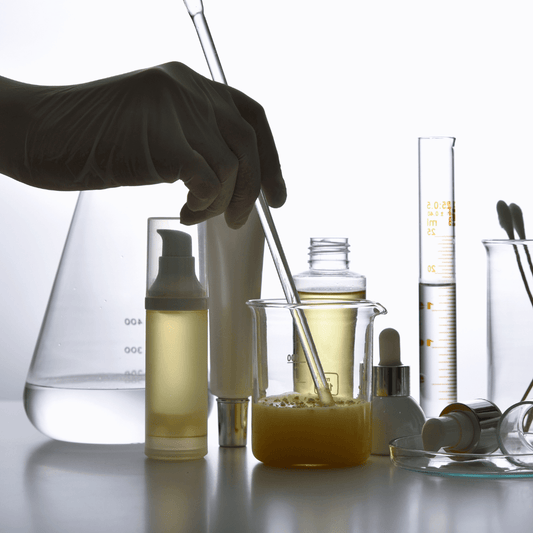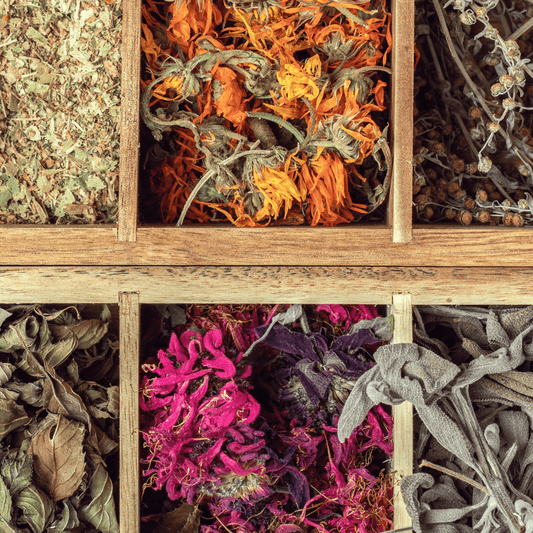
10 Retinol Alternatives: Gentler Options for Sensitive Skin
Introduction
Retinol is widely celebrated for its powerful anti-aging and skin-renewing benefits. However, for some, particularly those with sensitive skin, it can cause unwanted irritation. Fortunately, there are gentler alternatives that offer similar benefits without the harsh side effects. In this article, we explore the best retinol alternatives for sensitive skin, so you can enjoy smoother, more youthful skin without the discomfort.
Why Some People Avoid Retinol
Retinol, a form of Vitamin A, is renowned for its ability to speed up cell turnover, reduce fine lines, and treat acne. However, it can lead to side effects such as dryness, peeling, and increased sensitivity to sunlight, which makes it unsuitable for some skin types. For these individuals, there are gentler options that provide similar anti-aging, skin-smoothing, and acne-fighting benefits.
Top Retinol Alternatives for Sensitive Skin
1. Bakuchiol: The Plant-Based Retinol Alternative
Bakuchiol is derived from the Psoralea corylifolia plant and is one of the most popular retinol alternatives. It mimics retinol’s benefits, including reducing fine lines, wrinkles, and hyperpigmentation, without causing irritation.
Why it works: Bakuchiol stimulates collagen production and promotes cell turnover, much like retinol, but it’s gentler on the skin and has anti-inflammatory properties, making it ideal for sensitive and acne-prone skin.
2. Astragalus Root (황기): The Skin-Healing Herb
Astragalus root, known as 황기 in Korean herbal medicine, is traditionally used for its healing and anti-inflammatory properties. It’s rich in antioxidants and can protect the skin from environmental damage.
Why it works: Astragalus root helps to reduce inflammation and redness, making it ideal for sensitive or reactive skin. It also supports skin regeneration, helping to smooth fine lines and improve overall skin texture.
Try this product: Brynn’s Daily Hydro Sun Drops contains astragalus root in the sun serum, boosting both sun protection and anti-aging.
3. Ginseng: The Ancient Anti-Aging Remedy
Ginseng, a traditional herbal remedy, has been used for centuries in Korean skincare for its powerful antioxidant and anti-aging benefits. It’s rich in phytonutrients that help tone and brighten the skin.
Why it works: Ginseng improves blood circulation, which enhances skin elasticity and radiance. It also stimulates collagen production, helping to reduce fine lines and wrinkles. Plus, it has anti-inflammatory properties that soothe sensitive skin.
4. Algae (해조류): Nutrient-Packed Hydration
Algae, or 해조류 in Korean, is a rich source of vitamins, minerals, and antioxidants that nourish and hydrate the skin. It’s known for its ability to boost skin health, improve hydration, and protect against environmental damage.
Why it works: Algae helps lock in moisture and provides vital nutrients to the skin. It also contains natural anti-aging properties that help reduce the appearance of fine lines and improve skin texture without irritation.
Try this product: Brynn’s Green Plum Eye Illuminator contains red and brown algae which naturally improve skin texture and early signs of aging.
5. Rosehip Oil: Natural Vitamin A
Rosehip oil is packed with essential fatty acids, antioxidants, and natural Vitamin A, making it a gentle and hydrating alternative to retinol.
Why it works: Rosehip oil promotes cell regeneration and enhances skin elasticity while soothing the skin. It’s ideal for those dealing with dry, mature skin or dark spots and scars.
6. Peptides: Collagen Boosters
Peptides are chains of amino acids that act as building blocks for collagen and elastin. Unlike retinol, peptides are non-irritating but can still provide powerful anti-aging benefits.
Why it works: Peptides help stimulate collagen production, reducing the appearance of fine lines and improving skin texture. They also help strengthen the skin barrier, making skin more resilient to environmental stressors.
7. Adenosine: Skin-Smoothing Energy Molecule
Adenosine is a naturally occurring compound that plays a key role in cellular energy production. It’s commonly used in skincare for its anti-wrinkle and skin-smoothing properties.
Why it works: Adenosine helps smooth the skin by promoting collagen production and improving skin elasticity. It also has anti-inflammatory properties, making it suitable for sensitive skin types.
8. Green Tea (녹차): The Antioxidant Powerhouse
Green tea, or 녹차 in Korean, is another oriental ingredient known for its potent antioxidant and anti-inflammatory properties. It’s widely used in Asian skincare to help reduce signs of aging and calm sensitive skin.
Why it works: Green tea is packed with polyphenols that help fight free radical damage and reduce inflammation. It also supports skin hydration and helps improve skin elasticity, making it an effective anti-aging ingredient.
9. Niacinamide: The Skin Barrier Protector
Niacinamide, or Vitamin B3, is a gentle and versatile ingredient that helps improve skin tone, reduce redness, and strengthen the skin barrier.
Why it works: Niacinamide supports skin resilience by improving its ability to retain moisture. It also reduces inflammation, minimizes pore size, and helps fade dark spots, making it perfect for sensitive skin.
10. Azelaic Acid: Gentle Exfoliation and Brightening
Azelaic acid is another excellent retinol alternative, especially for those dealing with acne or pigmentation. It’s a naturally occurring acid that helps exfoliate the skin, clear clogged pores, and reduce inflammation.
Why it works: Azelaic acid gently exfoliates, brightens the skin, and helps diminish dark spots and post-inflammatory hyperpigmentation. It’s particularly effective for sensitive or acne-prone skin, and it can help calm redness.
How to Choose the Right Alternative for Your Skin
When choosing a retinol alternative, it’s important to consider your specific skin concerns and how sensitive your skin is. Here’s a quick guide to help you decide:
- For anti-aging: Try bakuchiol, peptides, adenosine, ginseng, or green tea for their collagen-boosting properties.
- For hydration and repair: Consider rosehip oil, algae, or niacinamide to strengthen the skin’s barrier and improve hydration.
- For calming inflammation: Astragalus root, ginseng, green tea, and niacinamide are excellent for soothing irritated or reactive skin.
- For acne or hyperpigmentation: Opt for azelaic acid, niacinamide, or adenosine to gently exfoliate and reduce dark spots.
If you’re unsure which alternative is best for your skin type, consulting a dermatologist can help tailor a skincare routine to your needs.










